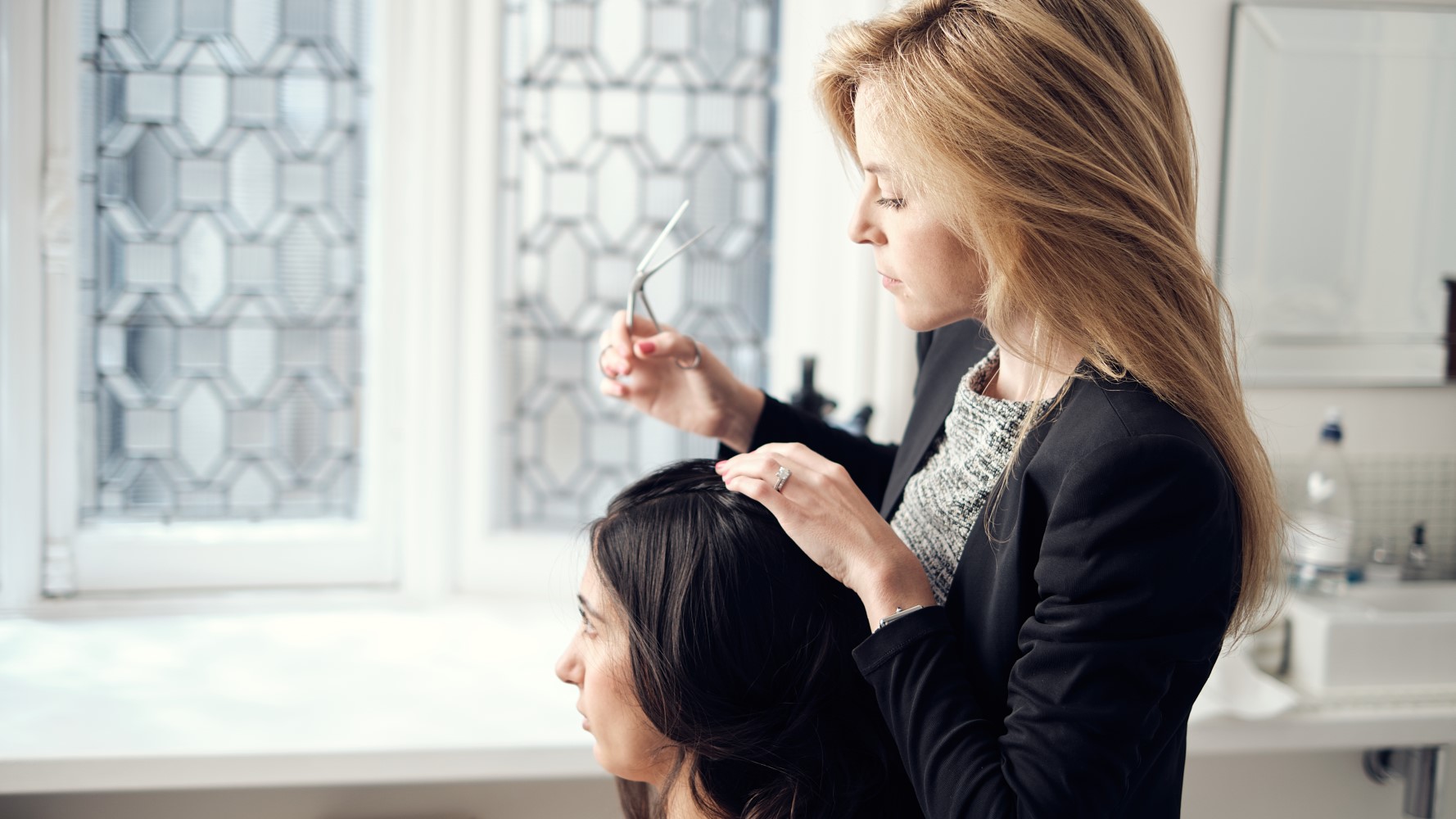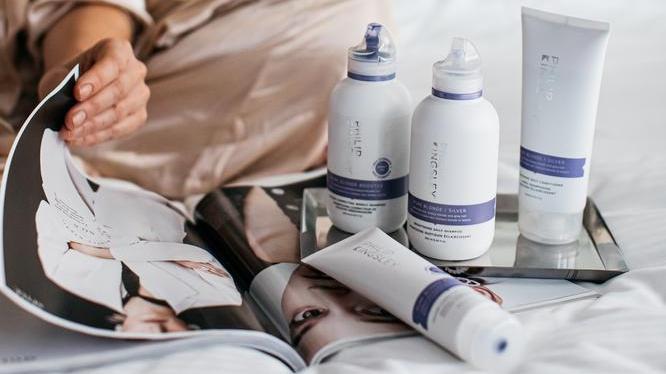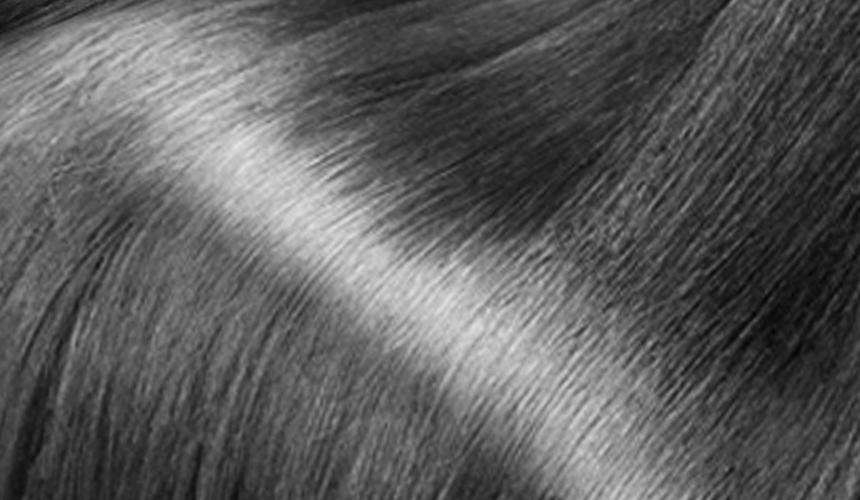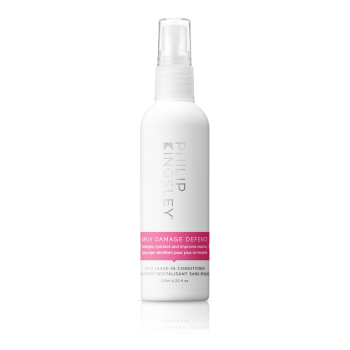CLINIC CONSULTATIONS
If you are worried about any form of hair or scalp condition, our Clinics in London and New York specialise in all aspects of hair and scalp health, and will be pleased to welcome you.
What are the daily challenges Keratin faces, and how you can protect the Keratin in your strands?
What is Keratin?
Keratin is a fibrous, structural protein. It is the main building block of human hair. It is also the main component of our nails, and is found in the epidermal layers of our skin.
You’ll also find Keratin throughout the rest of the animal kingdom. It gives structure to sheep’s wool, rhinoceros horn, nails, claws, hooves, beaks, quills, and various calluses and corns.
Keratin is a protective protein. It is completely insoluble in hot or cold water. Plus, it is less prone to scratching and tearing than other types of cells our bodies produce.
Alpha-Keratins and Beta-Keratins
Keratin proteins can be subdivided into alpha-Keratins and beta-Keratins. These have very different properties, thanks to the different geometry of their polypeptide chains.
Alpha-Keratins:
These are found in the hair, the skin, and the wool of mammals. They are helical (coiled) in structure. This coiling is what allows our hair a certain amount of ‘give’ when it’s stretched from end to end.
Beta-Keratins:
These occur in beaks, horns and nails. Their hard, rigid structure comes from the fact that they consist of parallel sheets of polypeptide chains.
Can Keratin in my hair be damaged?
Yes, it certainly can.
When our hair is exposed to harsh external factors—such as heated styling tools—Keratin suffers. Cracks can start to occur in the cuticle (the hair’s outer protective layer). This can lead to dryness, frizz and breakage.
Combing and brushing too much, or with the wrong type of brush / comb, can be damaging, too. Brushing scrapes away tiny amounts of Keratin from the cuticle of the hair, fraying and weakening it.
Prolonged sun exposure can also weaken the Keratin in your hair’s cuticle. This can result in dry, dehydrated hair. We’ve all experienced straw-like locks after a 2 week holiday in the sunshine. This is partly why!
FIND THE RIGHT HAIR PRODUCTS FOR YOU
At Philip Kingsley, our Trichologists create products for hair textures, scalp concerns and styling challenges. Now you can take the Online Hair Quiz to discover the right products for you and your hair.
How can I protect my hair’s Keratin from…
Heat styling?
Ensure you use a heat protectant every time you blow dry or curl / straighten your hair with tongs.
Keep the temperature of your styling tool on the lowest heat possible that will still allow you to produce the style you want.
Never touch your hairdryer to your hair. Always keep it at a distance of between 6-12 inches.
Brushes and combs?
Use saw-cut combs. In these, each tooth is cut into the body of the comb, meaning there are no seams. This stops snagging and breakage.
Choose a hairbrush with plastic rounded ends (or bobbles). These are gentlest on your strands.
Don’t brush your hair to ‘exercise’ it! Only brush and comb to make it look presentable. When styling, treat it like you would your favourite cashmere sweater!
Sunshine?
In strong sun, it’s best to keep your hair under a hat or scarf as much as possible. If you’re sunbathing and swimming, then choose a water resistant protective cream, such as our cult product Swimcap Water Resistant Mask.
What are the benefits of hair care products that contain Keratin?
When used as an ingredient in hair products, such as shampoos, conditioners and styling aids, Keratin can help make your hair smoother and easier to manage. It can also help fortify your hair against damage. It works by smoothing down the cells that overlap to form your hair strands, resulting in strands that look full and glossy.
However, we recommend being wary of Keratin straightening treatments. They can also make your hair initially smoother and easier to manage, but over-time they can be very damaging due to the high heat used in the process.









